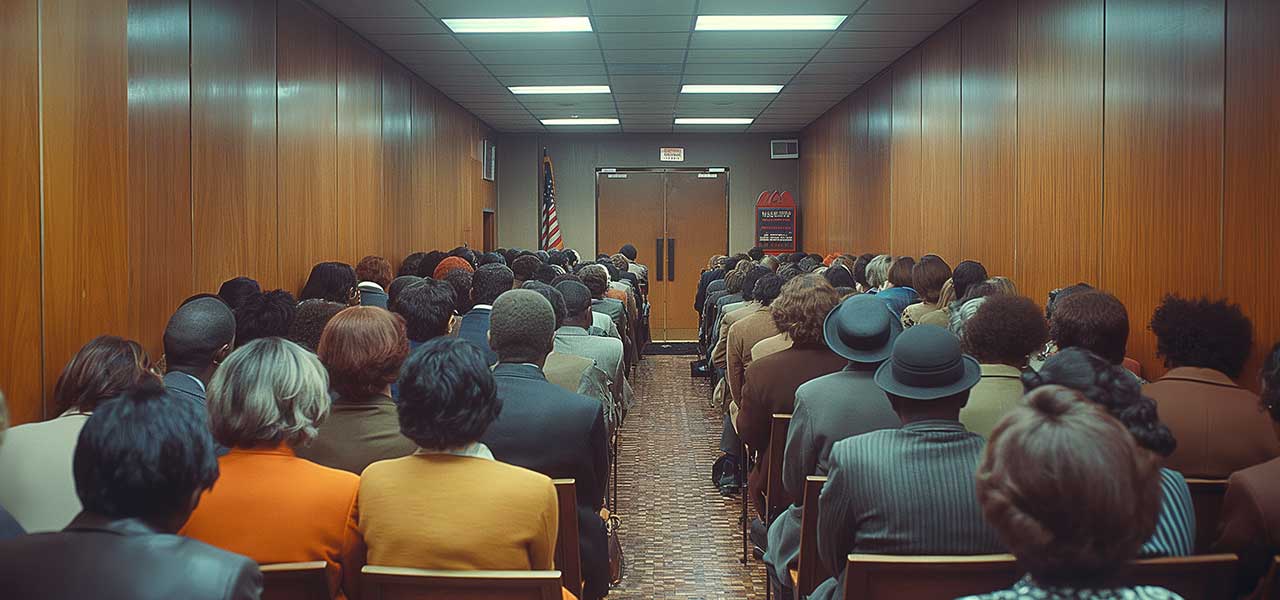The Question
Just curious if there might be any remotely reasonable claim that can be possibly used to argue Chase’s 5/24 policy is unlawful?
I know Federal law prohibits discriminating against credit applicants based on a variety of factors, could there be any way to argue that the 5/24 policy is not a reasonable evaluation of an applicant’s creditworthiness and even potentially unlawful? Not really familiar with law stuff so hope I wasn’t being unreasonable or absurd. Would love to see this answered. Thanks!
Darr’s Response
Banks, as private companies, have wide latitude in managing their relationships with customers, including choosing who will be their customer in the first place. The CreditBoards forums are full of information about “easy” banks to get credit versus “hard” banks. And, of course, the dreaded “blacklist” is employed by many banks. Each bank has its own nuances.
Chase has added another twist to credit card application roulette with its 5/24 rule. If an applicant has had 5 or more new accounts opened (regardless of the bank) within the last 24 months, the application is automatically denied. For the deep dive into the 5/24 Rule, I’d encourage you to read this post.
Of course, points-and-mile hobbyists care about the rule because it stops them from harvesting those sweet Chase signup bonuses. But our reader is also more generally curious about whether the rule is lawful. In short, I don’t see anything unlawful about it. As I said at the top of the article, banks have wide latitude in managing their relationships. For example, if you read through the Terms and Conditions that control your bank relationship, you’ll probably see something along the lines of “We reserve the right to close your account at any time.” Banks can set seemingly arbitrary limits and rules when managing banking relationships and opening accounts.
And banks don’t have to advertise their criteria for managing those relationships. This shouldn’t come as too much of a surprise. If I call up American Express and ask them to commit on the record as to what credit score would yield an instant decline, I’m sure they’d politely refuse.
Banks have all sorts of different criteria when they make credit decisions, all filtered through a sophisticated algorithm, that spits out a “yes” or “no.” Chase has made the decision to add another criteria, and nothing about that is unlawful. One could argue that Chase’s 5/24 policy is absurd and isn’t a good way of assessing creditworthiness. But that doesn’t mean there’s anything wrong with it from a legal perspective.
Final Thoughts
Two final thoughts: First, although a bank has broad discretion in opening, maintaining, and closing accounts, the bank must give you the reason why an account was closed or never opened in the first place (this is called “adverse action”). If a bank doesn’t give a reason for adverse action, they are likely breaking the law, and you may have a claim against the bank.
Second, banks cannot act discriminatorily. If a bank has an unpublished rule that it will not issue credit cards for a certain race or ethnicity, that’s illegal. Additionally, if a bank has a policy that is applicable across the board, but results in discriminating against a given group, that too could be unlawful.
I’ve tried to think of a way that the 5/24 rule could have the effect of discriminating against a protected group, and I can’t think of a compelling argument (not until points-and-miles enthusiasts become a protected group of people).






